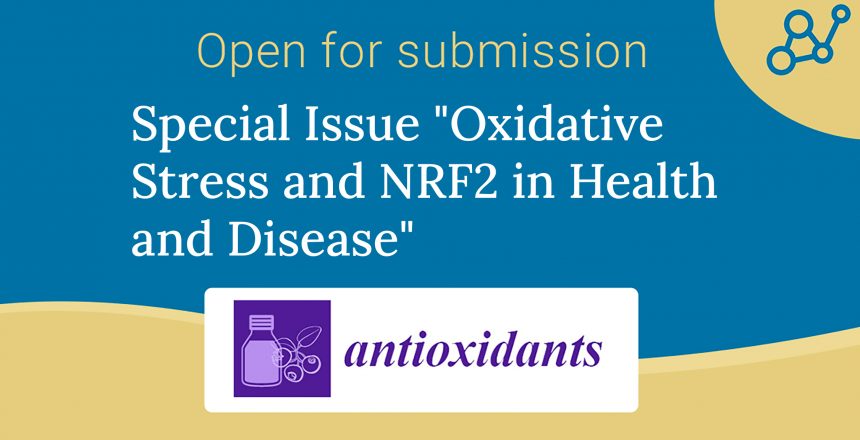Oxidative Stress and NRF2 in Health and Disease
A special issue of Antioxidants (ISSN 2076-3921). This special issue belongs to the section “Health Outcomes of Antioxidants and Oxidative Stress“.
Deadline for manuscript submissions: 20 December 2023
Special Issue Editor
Dr. Lidija Milković
Guest Editor
Laboratory for Oxidative Stress, Division of Molecular Medicine, Rudjer Boskovic Institute, 10000 Zagreb, Croatia
Interests: oxidative stress; reactive oxygen species (ROS); lipid peroxidation; cancer; cancer stem cells; cellular and extracellular antioxidants; NRF2; metabolic reprogramming
Special Issue Information
Dear Colleagues,
Oxidative stress (OS) has long been considered a cause of various noncommunicable diseases. The term refers to the increased formation of reactive oxygen species (ROS) and other byproducts that can react with cellular macromolecules such as proteins, DNA, and lipids to impair cellular function. Earlier research opinions assumed that OS only leads to various pathologies and referred to it as a harmful process that should be abolished. However, further research has revealed that OS byproducts, such as hydrogen peroxide, are also important for redox signaling. Depending on the cue, cells use their signaling abilities, which include turning certain protein targets on and off, to provide signal transduction that regulates their own functions or the functions of neighboring cells. The extent of OS is closely intertwined with metabolic switches and antioxidant machinery. While some ROS, such as hydrogen peroxide, are essential for normal physiology, their increase leads to pathology. The NRF2 pathway is the main pathway activated as a response to OS. The NRF2 pathway is the major signaling pathway activated in response to OS. The transcription factor NRF2 (nuclear factor, erythroid 2) is mainly regulated by Kelch-like ECH-associated protein 1 (KEAP1), although its regulation/activation is more complex. NRF2 regulates the expression of more than 250 genes, not only antioxidant enzymes but also others involved in autophagy, metabolism, detoxification, protein turnover, etc. Its mode of action is not always beneficial to humans and is not fully understood.
We invite researchers in this field and participants of the COST Action CA20121, Bench to Bedside Transition for Pharmacological regulation of NRF2 in non-communicable diseases (BenBedPhar) to submit their latest research to this Special Issue. Potential topics include but are not limited to deciphering the role of oxidative stress and NRF2 in physiology and pathology, linkage to other signaling pathways, the “omics” approach to identify specific targets and key molecules, potential therapeutic strategies, etc.
Dr. Lidija Milković
Guest Editor
You can find all the information about in the button below


